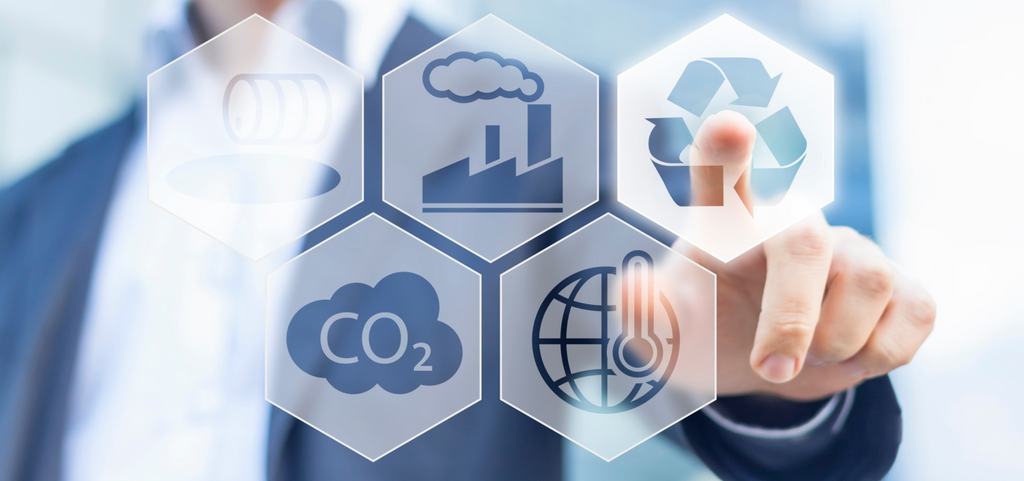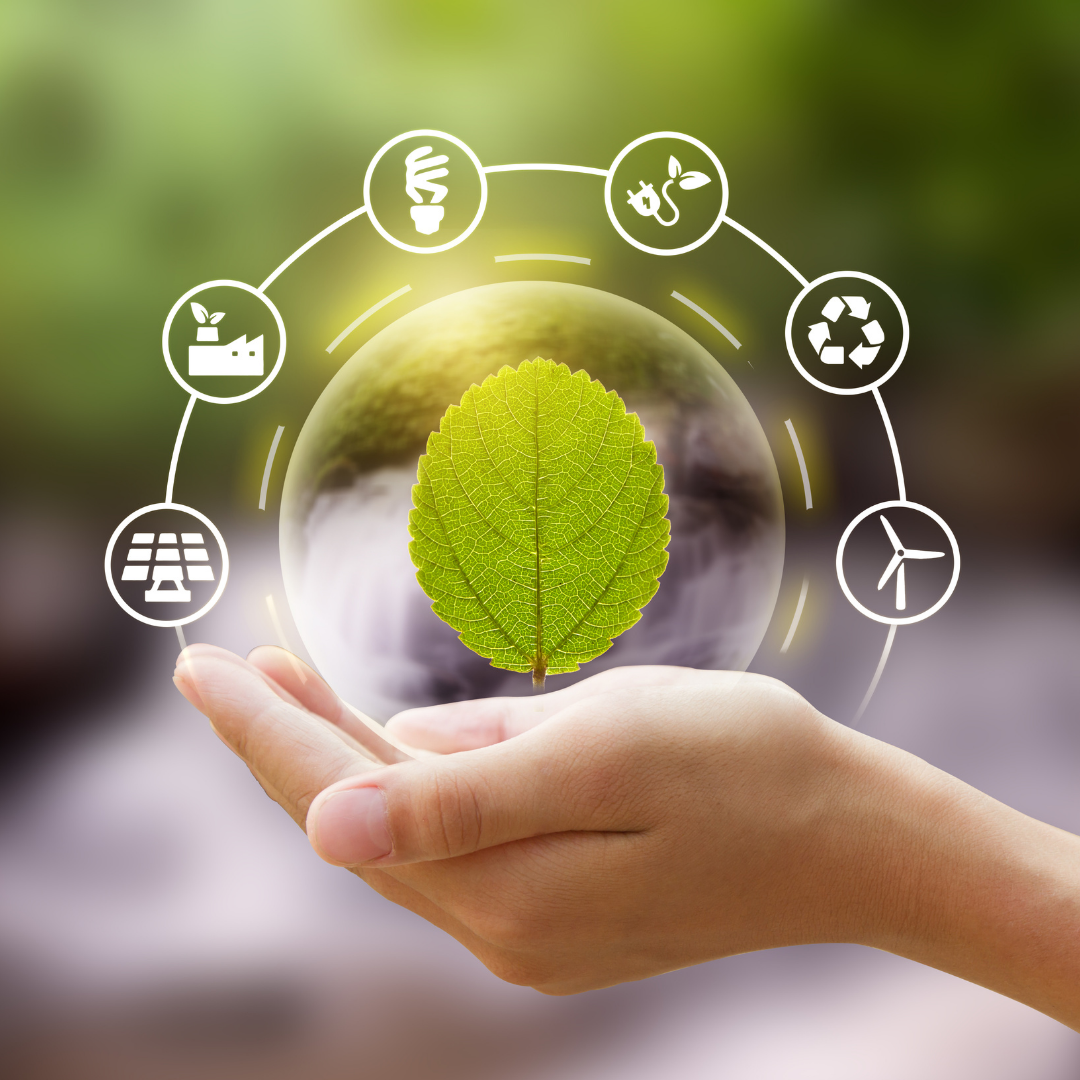WYND Technologies has entered a partnership with CarbonForest, a company enabling consumers and companies to drive positive climate impact by strategically planting trees on their behalf to offset their carbon footprint. Together, we will be promoting sustainability initiatives during the month of April to empower individuals and businesses to take steps to cultivate a healthy and thriving environment - both indoors and outside.

Be on the lookout for upcoming updates from the WYND newsletter and on our social media channels!
WYND’s Approach to ESG
In addition to this partnership, WYND continues to uphold its commitment to Environment, Social, and Governance (ESG) initiatives and to support the United Nations Sustainable Development Goals.
WYND is changing workplace behaviors, optimizing energy use, and helping customers achieve sustainability goals through its support of comprehensive approaches to building modern office environments. WYND’s products actively support energy efficiency, are made with compostable filters, and promote well-being for office workers. Among the U.N. goals that WYND is directly advancing are:
- Goal #3: Good Health and Well-Being - Ensure healthy lives and promote well-being for all at all ages.
- Goal #4: Quality Education - Ensure inclusive and equitable quality education and promote lifelong learning opportunities for all.
- Goal #7: Affordable and Clean Energy - Ensure access to affordable, reliable, sustainable, and modern energy for all.
- Goal #11: Sustainable Cities and Communities - Make cities and human settlements inclusive, safe, resilient and sustainable.
- Goal #12: Responsible Consumption and Production - Ensure sustainable consumption and production patterns.
- Goal #13: Climate Action - Take urgent action to combat climate change and its impacts.
- Goal #17: Partnership for the Goals - Strengthen the means of implementation and revitalize the global partnership for sustainable development.
Doing Good Business While Protecting the Environment
As Earth Day approaches on Friday, April 22, it is important to remember the steps that can be taken in general business practice to help protect and preserve our environment. The future of commerce is centered around the triple bottom line - conducting business that has a positive impact on profits, people, and the planet. Assessing which initiatives are most impactful on these three areas allows small, medium, and large businesses to focus their efforts on the right areas and to effectively measure progress. When it comes to the planet, here are our thoughts on responsible business practice and the environment.

Energy Use and the Environment
Among the largest contributors to energy consumption in the workplace is heating, ventilation, and air conditioning or HVAC. Your building’s HVAC system accounts for about 40% of the total energy usage. You can optimize building efficiency by using localized High Efficiency Particulate Air (HEPA) purifiers. To put the benefits in perspective, the WYND Max has the same energy consumption as a medium-intensity light bulb. Sustainably operating buildings help the planet and save you money.
Transportation and the Environment
According to the U.S. Environmental Protection Agency (EPA), the transportation sector accounted for nearly 30% of total U.S. greenhouse gas emissions in 2019. These greenhouse gasses are one of the leading contributors to global warming, as they are released into the atmosphere and warm the Earth.

Given the important role transportation plays in supply chains and business travel, cutting down wherever possible has a direct impact on the planet. Increasing shipping and supply chain efficiency by encouraging bulk ordering, sourcing supplies locally, and reducing packaging to only what is essential to products can save transportation costs and related energy use.
As more businesses turn to remote work and virtual meetings, eliminating unnecessary business travel and reducing the number of days in the office can be an effective method for lowering transportation-related energy consumption.
Water Consumption and the Environment
By changing the ways in which we consume, store and distribute water, we could effectively eliminate 10% of global greenhouse gas emissions, according to the Carbon Disclosure Project. The CDP calls on businesses to take action in water consumption reform, stating that the cost of inaction could be up to five times more costly than the cost of action.
Closing Thoughts - The Consequences of Inaction
Reversing the human impact on our climate requires widespread participation on the part of individuals and organizations. An unhealthy planet leads to warming oceans, rising sea levels, and other extreme weather events such as storms, wildfires, droughts and heatwaves.

Scientists estimate that the ocean has warmed by 0.13oC every decade for the last 100 years. Warmer waters lead to a reduction in oxygen levels in the ocean, impacting wildlife and threatening the environment of marine species.
California alone had 2.5M acres burned by wildfires last year, putting residents at risk of reduced lung function, bronchitis, exacerbation of asthma and other health risks. It’s crucial to limit your smoke exposure by keeping the air around you as clean as possible. WYND offers innovative, unobtrusive safety measures for businesses to protect employees and customers from wildfire smoke. Learn more about wildfires and climate change here.
By recognizing the consequences of inaction, we can encourage businesses and communities to take part in helping reduce carbon emissions and support sustainability initiatives. This Earth Month, we encourage you to renew your commitment to protecting our one planet and keeping its air, land, and water as clean and safe as possible. Happy Earth Month!

